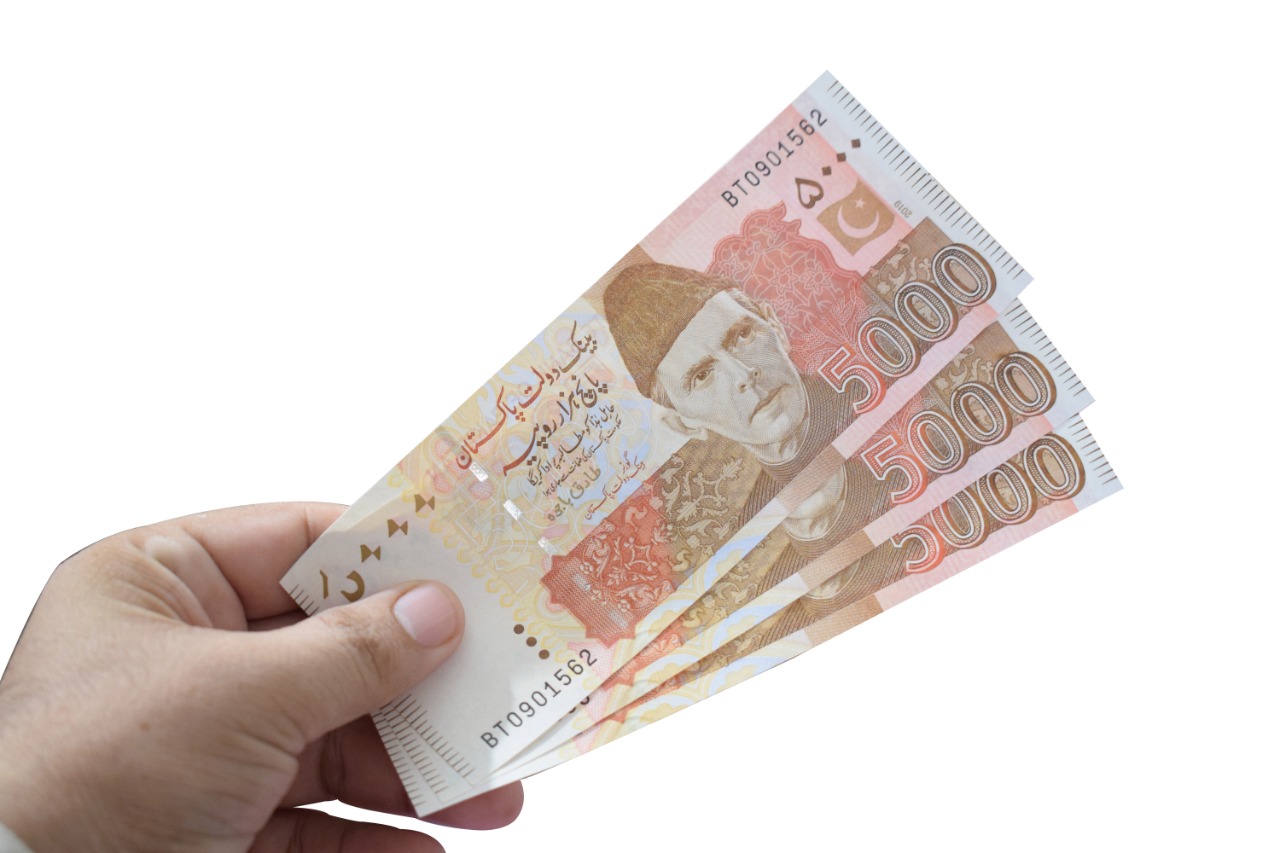Pakistan’s Tax Culture

A tax culture in its ordinary definition shows us the existing tax activities and tax principles of a specific country. Both the actions and reactions of taxpayers and tax collectors are the foundational basis of the tax culture.
In Pakistan tax culture, taxes are categorized into two main categories:
Direct tax is simply the tax on your income. On the other hand, indirect tax is sale tax, service tax, customs duty, and excise duty.
The Government of Pakistan equipped the Federal Board of Revenue (FBR) to impose and collect the taxes. The motive of FBR is to expand the tax net and to broaden the tax collection capacity while using certain tax collection techniques, assistance to taxpayers, and empowering the dedicated workforce.
According to FBR, only 1% of the total 220+ Million population of Pakistan pay taxes. If compared to India around 4% of the total 1.38 Billion population pays taxes. Pakistan’s tax-to-GDP ratio is equal to 10.2% taxes of the $263.7bn GDP according to the 2021FY. Pakistan ranks at 161st position internationally in terms of taxpayers ratio.
Following these consequences of tax affairs, the fiscal deficit has become a prolonged macroeconomic issue of Pakistan’s economy. Pakistan’s fiscal deficit stands at 7.1% (3.403 trillion) of GDP in the year 2020-2021. Fortunately, this is the lowest fiscal deficit ratio in the last three financial years.
People avoid, escape, and hesitate to pay taxes because of multiple reasons, few of them are:
- Lack of tax awareness.
- Dishonest public regime.
- Corruption in departments.
- Exploitation of taxpayers.
- Complicated tax procedures and regulations.
- Heavy tax reliance on income and sale.
According to the survey report of FBR 2019, FBR identified various factors which lead to demotivation and discouragement in the general public referring to paying taxes, these factors includes:
- 51% of the people do not pay taxes because of the corruption in the governance system.
- 20% of the people do not pay taxes because of their belief in the misuse and exploitation of tax money.
- 18% of the people do not pay taxes because they have low income and are left with less disposable income.
- 9% of the people do not pay taxes because of faults in the tax collection mechanism.
- 2% of the people do not pay taxes because they find taxes and tax filing as a burden.
Our society’s dilemma is that the general public perceives the certain amount which is collected through taxes is looted by the regime rulers and then spent on the luxury lifestyle of the powerful and elite class in Pakistan.
Frequently, the government of Pakistan spends the taxpayers’ money on non-productive projects such as building roads, flyovers, and insufficient public transport. If the elite class intends to pay the taxes and the government ensures the appropriate utilization of the taxes then an estimated 90% of the eligible people would be following to pay the taxes.
The government must develop a comprehensive tax system, in which it should incorporate all the tax mechanisms, tax norms should be compatible with our tax culture, and in order to nourish and flourish the tax culture, the government must emphasize on prevailing the tax mentality in the society.

